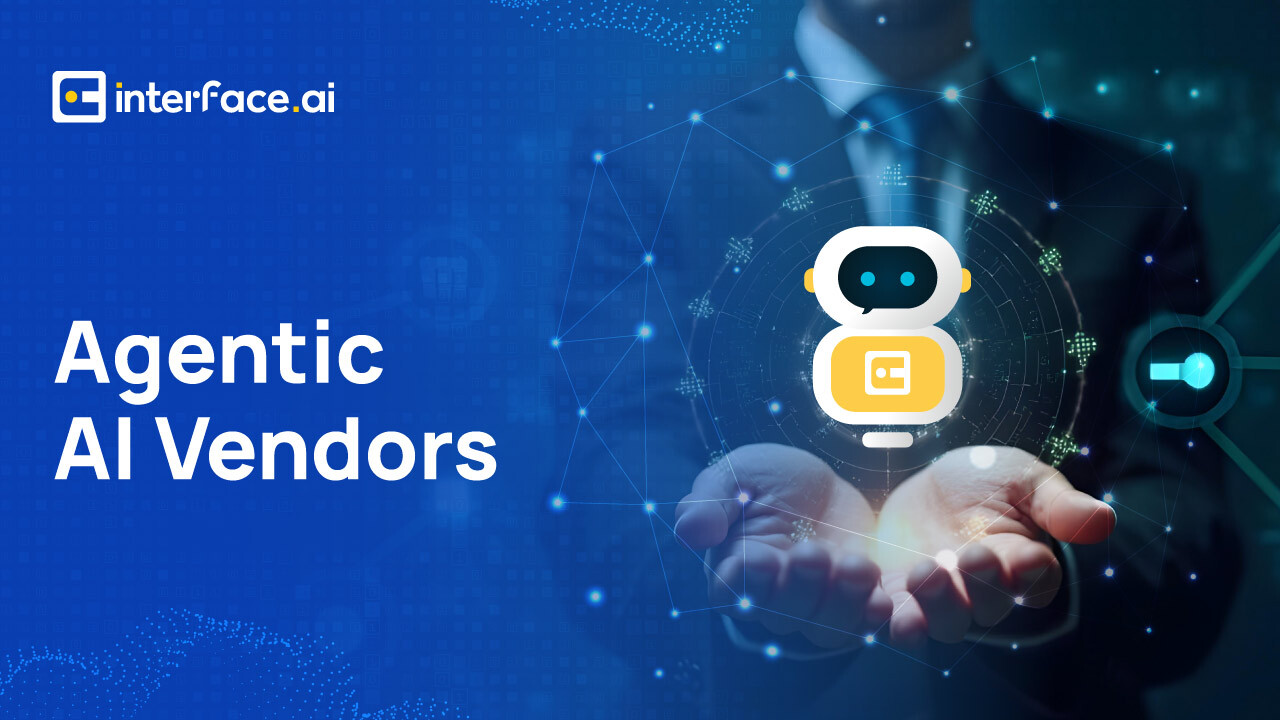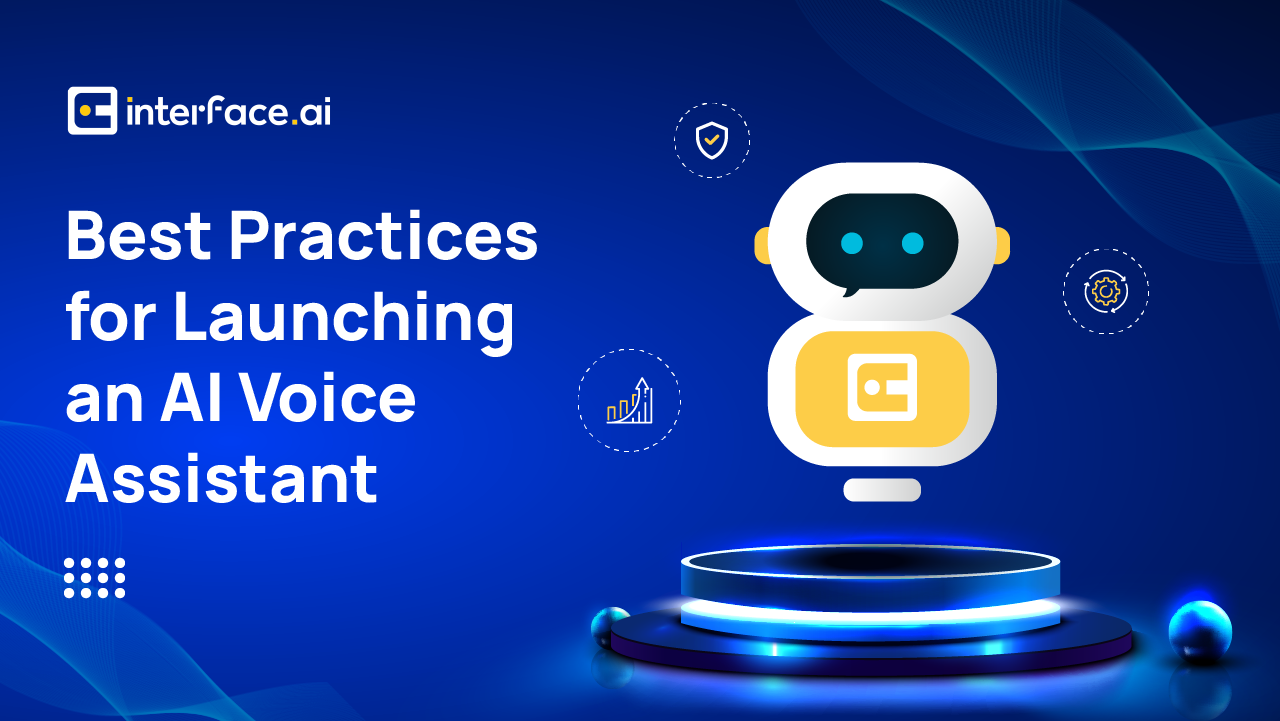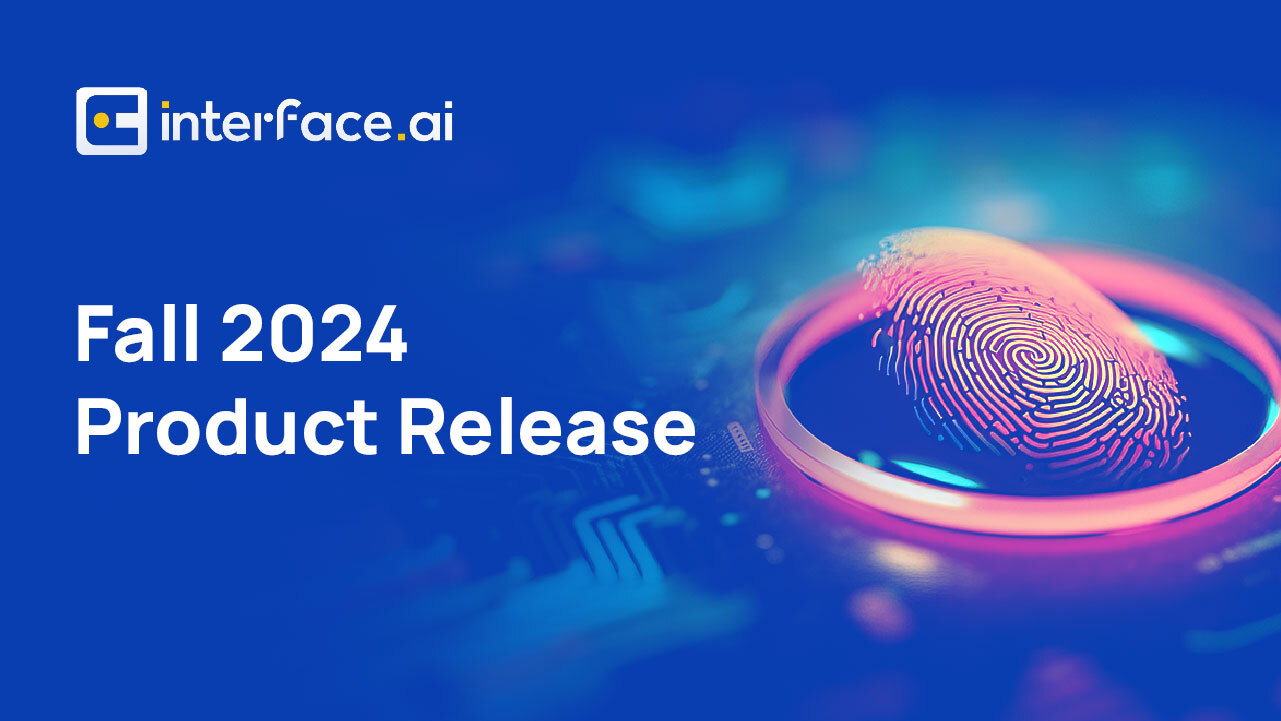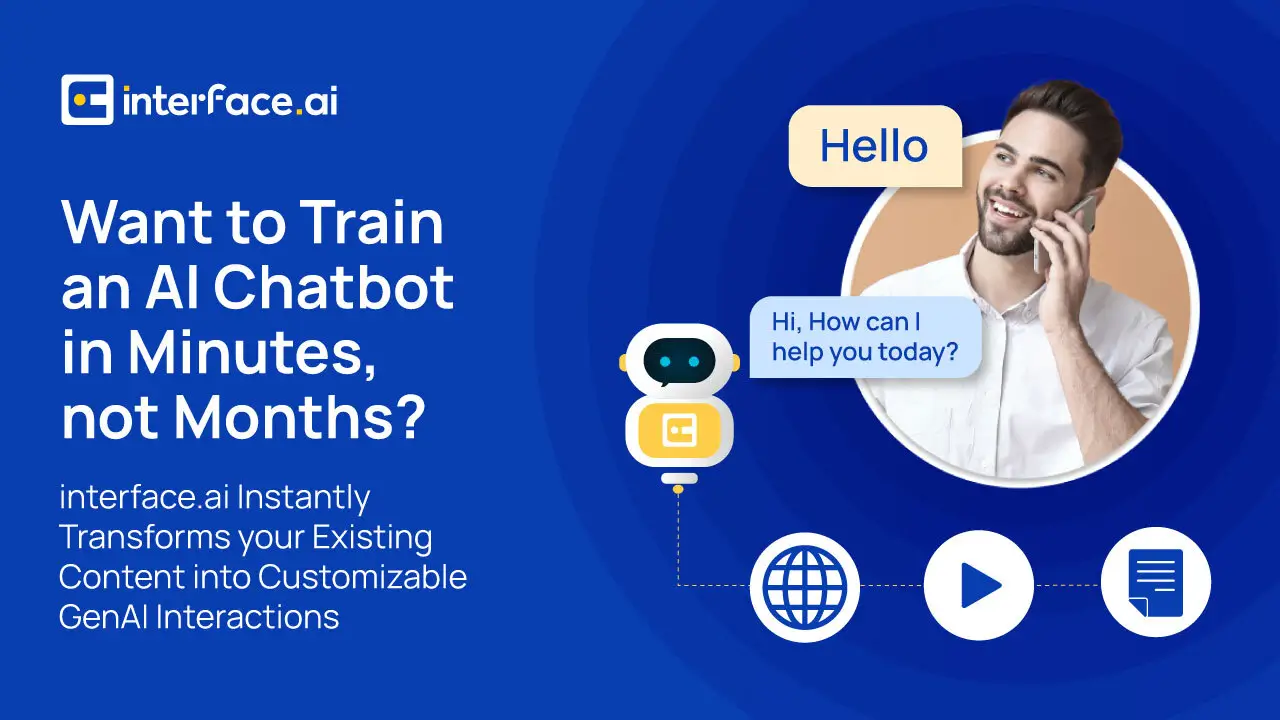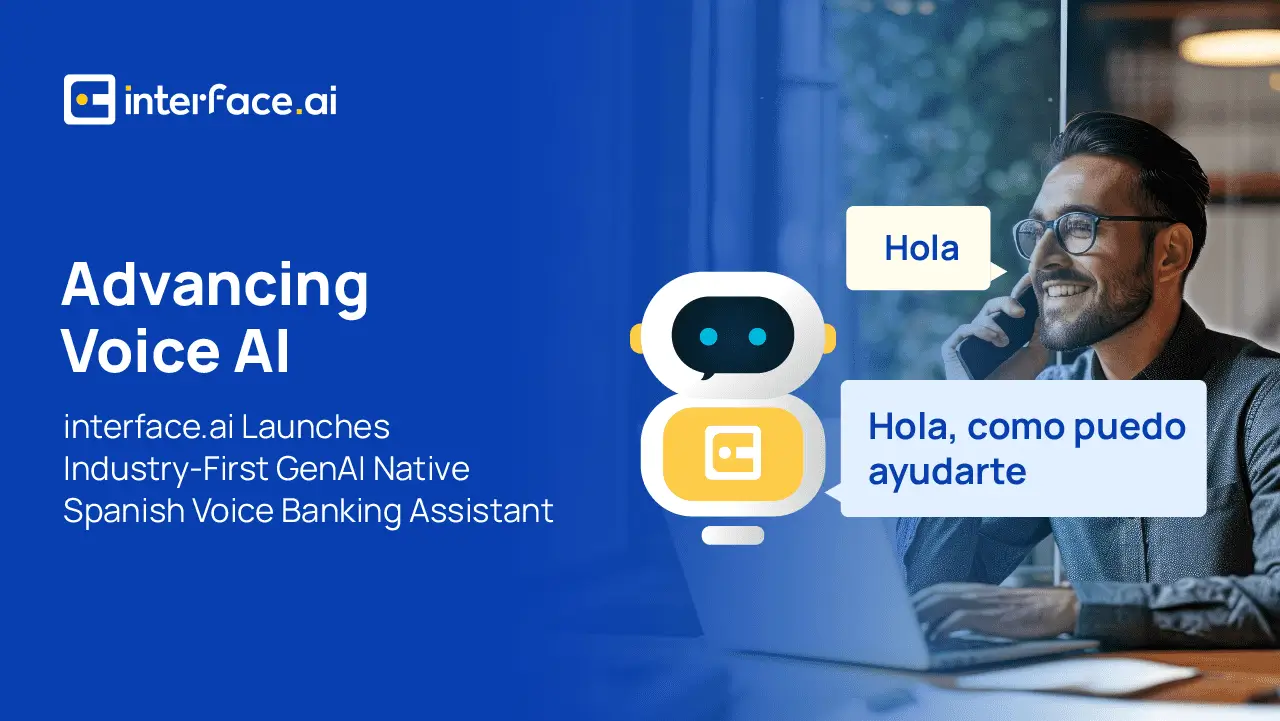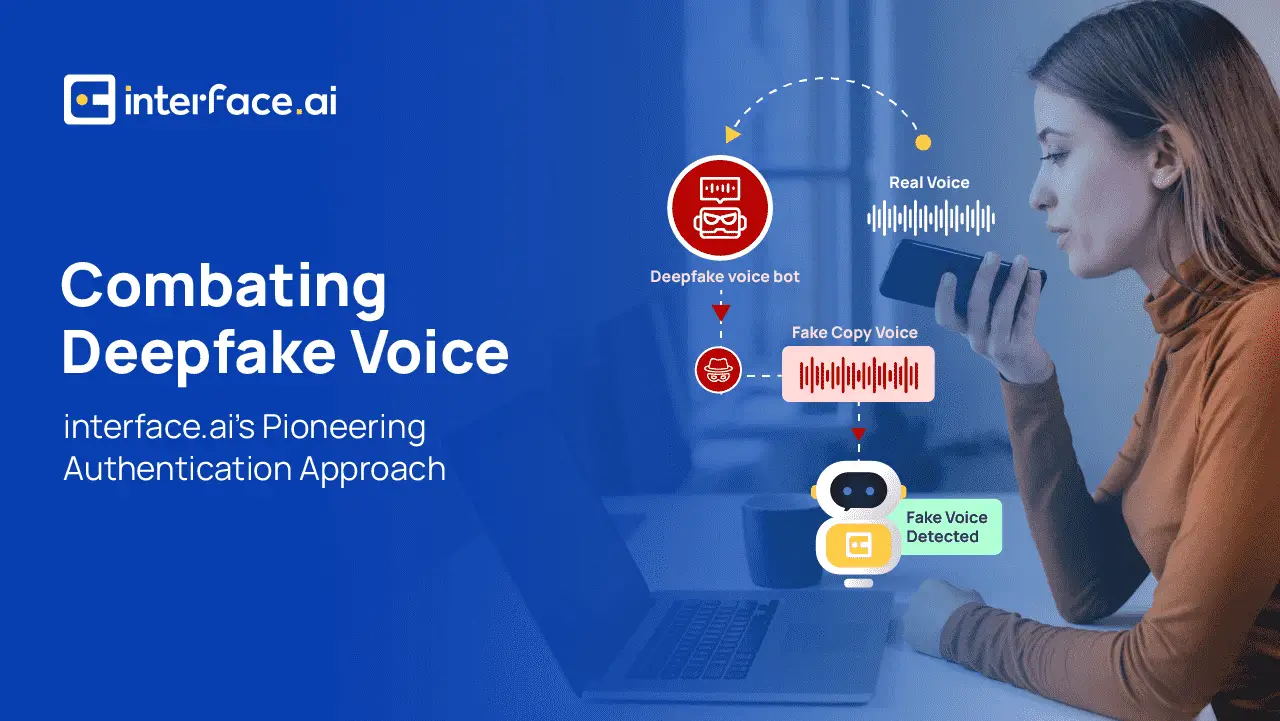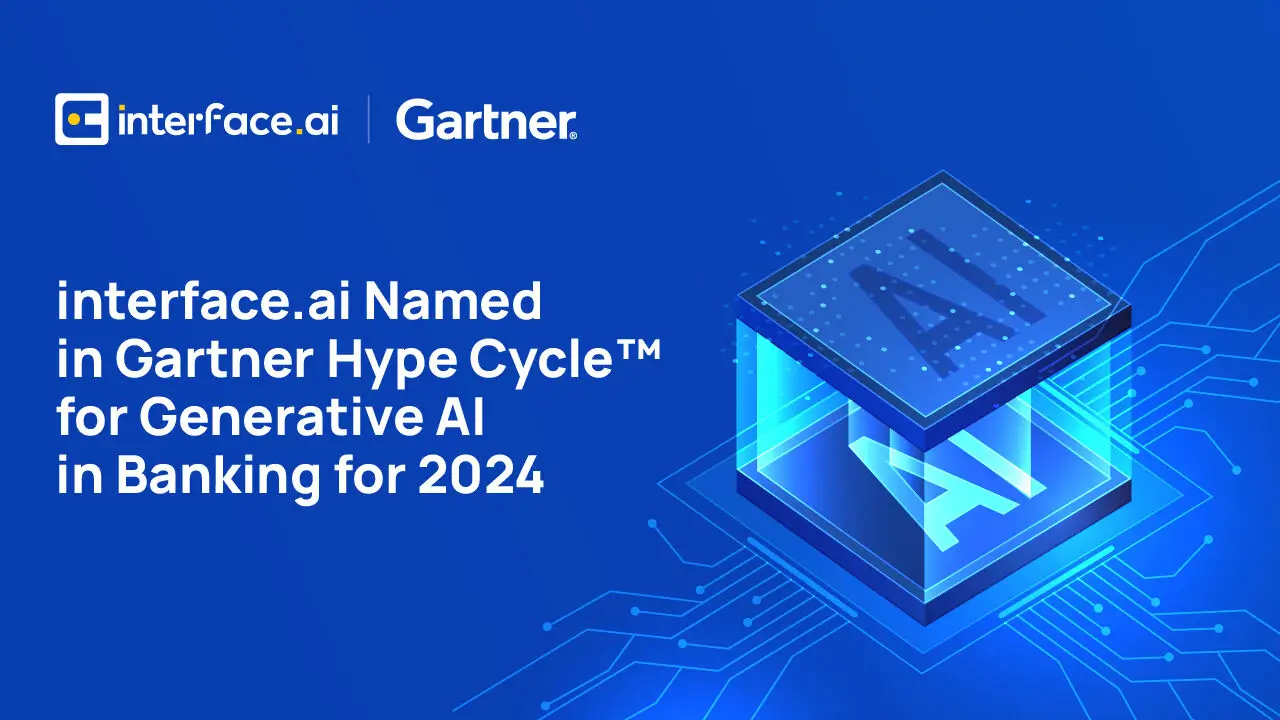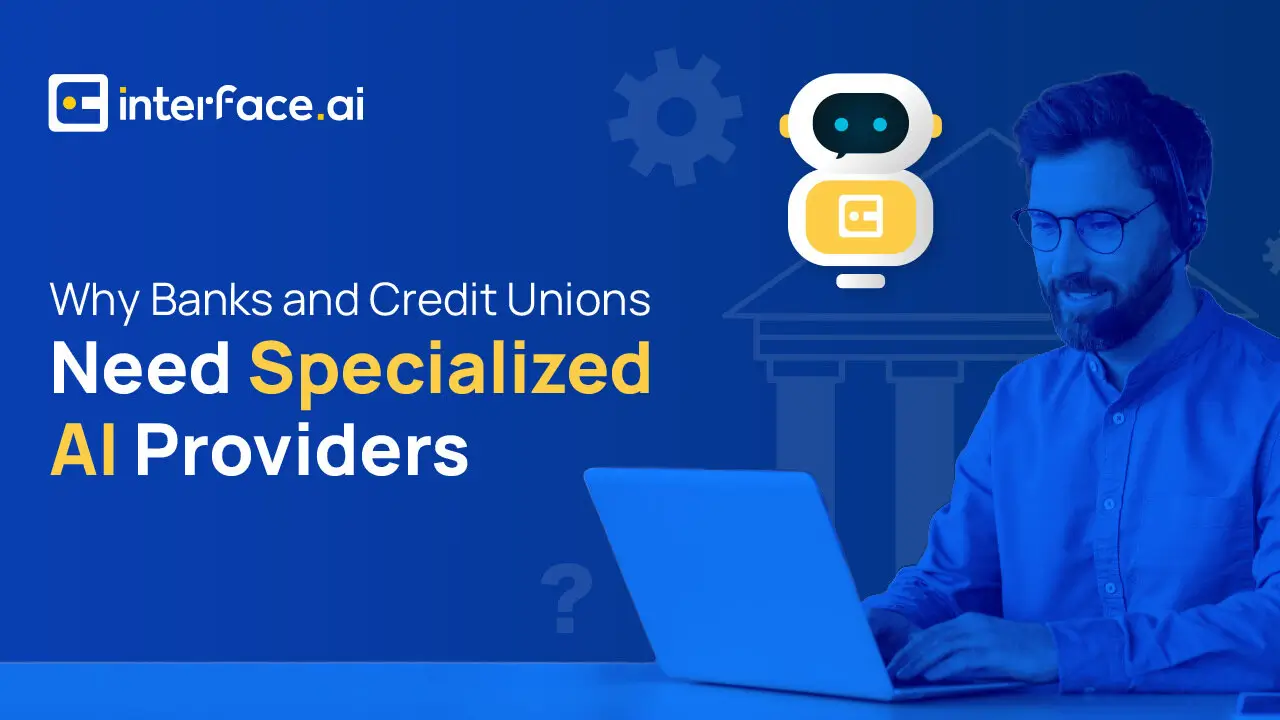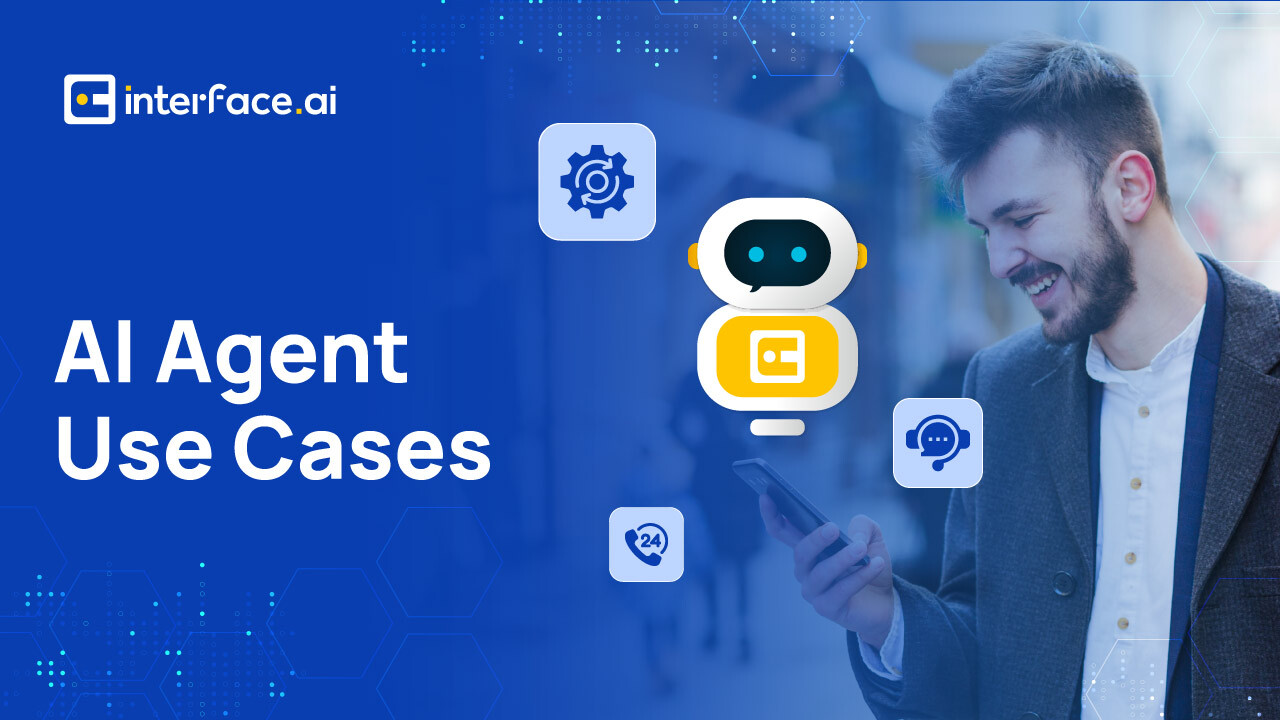
AI Agent Use Cases: What Today’s Smartest AI Agents Can Actually Do
If you’re reading this blog, chances are you’ve started hearing about the next big thing in AI: AI agents.
They’re popping up everywhere — in industry headlines, at conferences, and in pitch decks — usually described as the future of intelligent automation. But what exactly is an AI agent? And more importantly, what can they actually do?
This blog breaks down the most useful AI agent case studies — from customer service and security to employee support and process automation — with examples from industries already seeing results, including financial services. Let’s explore the most useful AI agent use cases that are being used today.
What is an AI agent?
An AI agent is an intelligent system designed to act independently toward a specific goal. Unlike traditional chatbots that respond with scripted answers or route users to human agents, AI agents go further — they understand intent, make decisions, and complete tasks without manual intervention.
These systems – typically used across voice and chat – use advanced technologies like natural language processing, machine learning, and real-time orchestration to manage complex workflows end to end. That might mean handling a loan payment, resolving a support request, authenticating a user, or proactively identifying and responding to customer needs — all without escalation or delay.
AI agents are built to reduce friction across customer and employee experiences. They’re not just reactive tools — they’re autonomous operators that drive outcomes, operate securely, and continuously adapt to handle high-volume, high-impact interactions at scale. Let’s dive into some of the most useful AI agent uses cases that we can see today.
AI agent use cases in action
Here are some of the most useful AI agent case studies that are being used now — including examples from regulated environments like banking and credit unions where performance, compliance, and trust are critical.
1. Automating high-volume call handling
Traditional AI (Chatbots / NLP):
Responds to simple questions or routes calls using predefined scripts and keyword matching. Escalates anything complex.
AI Agent:
Understands the caller’s intent, authenticates their identity, retrieves account data, and completes tasks — like transferring funds, checking balances, or making loan payments — without human input.
At interface.ai, these agents regularly resolve over 60% of calls for credit unions, completely eliminating the need for agent involvement in routine workflows. It’s not just faster — it’s fully resolved.
2. 24/7 support without human staffing
Traditional AI:
Provides static responses or directs users to leave a message or call back during business hours.
AI Agent:
Operates independently — 24/7/365 — and performs real actions, like processing payments, unlocking accounts, or walking users through step-by-step troubleshooting, even outside business hours.
This is especially valuable in industries like banking, where support needs don’t stop at 5 PM. AI agents keep everything moving, even when your team is offline.
3. Fraud detection and secure action handling
Traditional AI:
Flags suspicious activity for later review. Authentication typically involves manual agent verification.
AI Agent:
Performs real-time risk assessment, verifies identity using biometrics or behavior, and takes immediate action — like pausing a transaction, alerting a member, or routing to fraud support with all context intact. This isn’t just alerting — it’s intelligent, autonomous security in motion.
4. Employee co-pilot and frontline support
Traditional AI:
Offers static knowledge base suggestions or basic help center search.
AI Agent:
Acts as an intelligent co-pilot for employees — listening in real-time, surfacing the right answers, navigating system workflows, and guiding staff through complex processes. This reduces training time, empowers new hires, and improves accuracy — especially in high-turnover environments like contact centers.
5. Autonomous cross-sell & personalization
Traditional AI:
Recommends offers based on static rules or marketing triggers. Requires users to self-navigate.
AI Agent:
Identifies the right moment to engage based on real-time account behavior, personalizes the recommendation, and executes the entire flow — from eligibility check to application submission. The result? Intelligent, in-flow product experiences that actually convert — without adding friction.
6. Transaction completion and workflow execution
Traditional AI:
Directs users to complete tasks themselves on a different platform or with a live agent.
AI Agent:
Authenticates the user, accesses internal systems via secure APIs, and completes the transaction in one seamless interaction — whether it’s a balance transfer, bill payment, or password reset. These aren’t “workarounds” or “deflections” — they’re real resolutions, delivered instantly.
Why AI agent use cases are so powerful
The leap from traditional automation to AI agents isn’t just about better tech — it’s about a fundamental shift in what’s possible with automation. Where chatbots and basic AI tools stop at surface-level interactions, AI agents go deeper — autonomously navigating systems, making decisions, and completing real outcomes. The incredibly useful AI agent case studies we have listed only touch the surface, but they enable organizations to:
- Handle more with fewer resources
- Deliver better experiences at scale
- Empower employees instead of overwhelming them
- Securely act in real time, not just respond after the fact.
In industries like financial services — where trust, speed, and precision are essential — the value of this autonomy becomes even more clear. It’s not about replacing people; it’s about removing friction from the moments that matter most to customers, members, and teams alike.
Want to see these AI agent use cases in action?
Most AI vendors stop at answering questions. We build agents that take action.
At interface.ai, our AI agents are already embedded in frontline operations at financial institutions across North America — automating complex workflows, handling secure transactions, supporting employees in real time, and delivering 24/7 service without adding headcount.
This isn’t experimental. It’s enterprise-ready, proven, and built specifically for the challenges of banking and credit unions. If you want to see any of these AI agent use cases in action, book a demo with our expert AI team today.
Discover the Latest Insights on Interactive Intelligence for Banking Newsletter
Join the newsletter to receive the latest updates in your inbox.
